On October 17, in Tokyo, an international conference with the theme "Cultural Industry - Strategic Driving Force in Sustainable Development" was held by the Vietnam Federation of UNESCO Associations.
Attending the conference were Professor Yuji Suzuki, President of the Japan Federation of UNESCO Associations, Secretary General of the Asia -Pacific Federation of UNESCO Associations; Ms. Nguyen Le Hang, Deputy Secretary General of the Vietnam Federation of UNESCO Associations, Deputy Editor-in-Chief of Ngay Nay Magazine and speakers, guests who are experts, scholars, businesses, and the Vietnamese community in Japan.
In her opening speech, Ms. Nguyen Le Hang affirmed that the conference is an extension of a common journey, where the two organizations UNESCO Vietnam and UNESCO Japan have together cultivated trust and shared responsibility for spreading UNESCO values over the years.
She emphasized that in Vietnam, the concept of “culture is the spiritual foundation of society, both the goal and the driving force of development” has been affirmed through policies and strategies for socio-cultural development. Therefore, the international conference in Tokyo has continued this spirit in the flow of international cooperation, through the persistent efforts between the Vietnam Federation of UNESCO Associations and the Japan Federation of UNESCO Associations.
She said the theme of the conference - “Cultural Industry - Strategic Driving Force in Sustainable Development,” was also chosen by both sides, showing deep harmony in vision and operation methods.
Japan, with its advanced creative industry foundation, and Vietnam, with its rich heritage that is transforming rapidly in the digital age, can find in each other valuable experiences on how to preserve identity while still promoting innovation and creativity.
She expressed her belief that in the spirit of solidarity and international cooperation, the friendship between the Vietnam Federation of UNESCO Associations and the Japan Federation of UNESCO Associations will continue to develop strongly, becoming a typical model of cooperation in the global UNESCO movement.
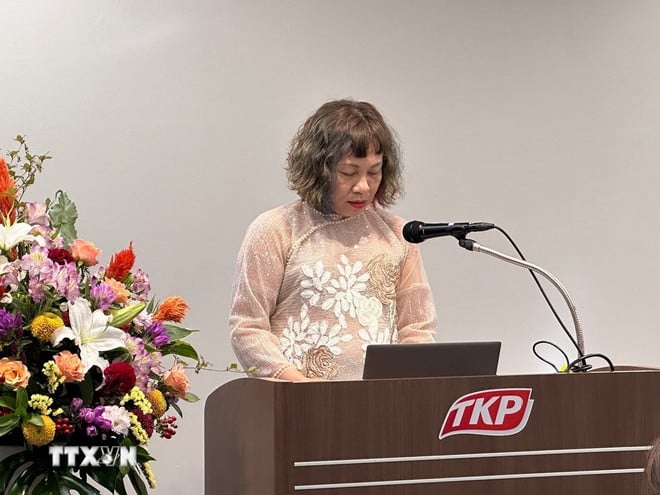
Ms. Nguyen Le Hang, Deputy Secretary General of the Vietnam Federation of UNESCO Associations and Deputy Editor-in-Chief of Ngay Nay Magazine, spoke at the conference. (Photo: Nguyen Tuyen/VNA)
In an interview with a VNA reporter, Professor Yuji Suzuki, President of the Japan Federation of UNESCO Associations and Secretary General of the Asia- Pacific Federation of UNESCO Associations, said that culture, in the common sense, is a way of life, based on people's way of living and thinking. He said that from that perspective, culture is based on people's lives, and each way of life is different depending on the region, people and religion.
Professor Suzuki stressed that the first and foremost priority is to properly preserve social and cultural heritage. He said that although Japan and Vietnam have different historical experiences, both countries share the importance of respecting local communities and passing on their culture to the next generation.
The professor said that Japan really attaches great importance to the teaching of culture in compulsory education , starting from elementary school. This is based on the view that national culture is a synthesis of regional cultures, instead of eliminating the distinctive characteristics of local communities to create a national culture.
The professor emphasized that the unique cultures of both Vietnam and Japan should be considered global common assets. UNESCO has recognized these heritages as World Heritage. Raising awareness of Vietnamese culture and the culture of local Japanese communities in this way is a very important cultural initiative.
Sharing with VNA reporters, Director Nguyen Huy Quang, representative of Van Show Art Joint Stock Company, said one of the typical examples illustrating the effectiveness of cultural industry development in Vietnam is the investment in large-scale art programs in Vietnam in the past 10 years.
Many art programs have affirmed their value over time, with a vitality of 5-8 years, bringing great attraction to tourism, especially international tourists to Vietnam and contributing to spreading the value of Vietnamese cultural identity. Art programs developed from cultural materials, especially ethnic culture in particular, have contributed to creating an ecosystem that brings economic revenue to the locality.
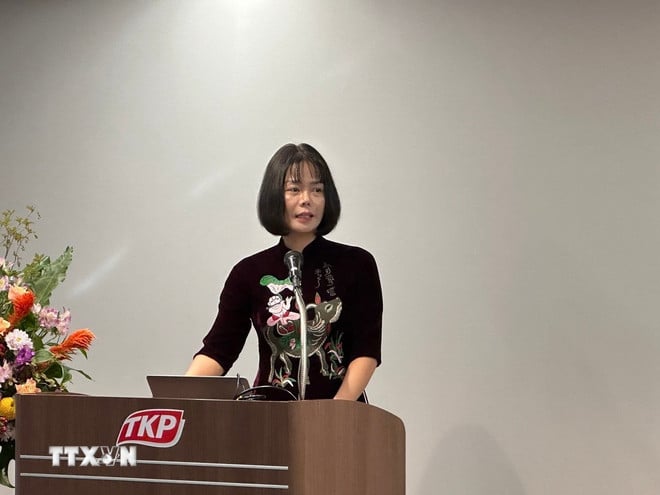
Ms. Nguyen Thi Thu Hoai, General Director of the Ceremony to Celebrate the 50th Anniversary of the Establishment of Vietnam-Japan Diplomatic Relations, presented a speech at the conference. (Photo: Nguyen Tuyen/VNA)
Director Nguyen Huy Quang expressed his wish to continue receiving attention from UNESCO Vietnam and UNESCO Japan to cultural industry activities in general and performance activities in particular to have more opportunities to exchange and promote trade in the field of culture and arts, and to have more opportunities to learn from Japan's special success in preserving identity and promoting cultural values.
The conference had two discussion sessions with speakers who were directors, artists, businessmen from both Vietnam and Japan as well as representatives of the Vietnamese community in Japan. The two discussion sessions were lively, with many substantive dialogues, contributing initiatives to the effort to promote cooperation between Vietnam and Japan in the field of cultural industry, sharing the vision of cultural industry.
From profound discussions, practical sharing, to performances and honoring artists and artisans - all highlighted an important message: culture is not only a spiritual heritage but also a strategic driving force for sustainable development./.
(TTXVN/Vietnam+)
Source: https://www.vietnamplus.vn/viet-nam-va-nhat-ban-thuc-day-hop-tac-phat-trien-cong-nghiep-van-hoa-post1070865.vnp





![[Photo] Closing ceremony of the 18th Congress of Hanoi Party Committee](https://vphoto.vietnam.vn/thumb/1200x675/vietnam/resource/IMAGE/2025/10/17/1760704850107_ndo_br_1-jpg.webp)


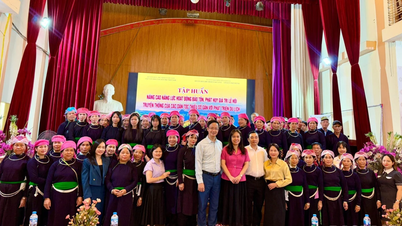

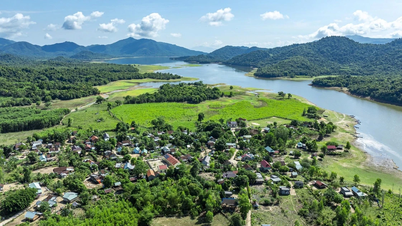



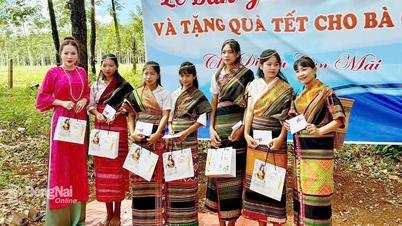



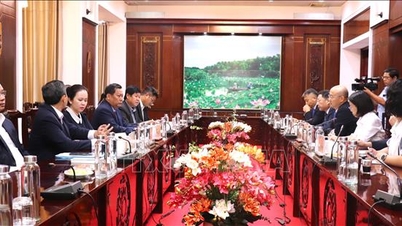

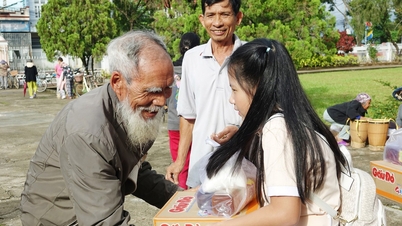
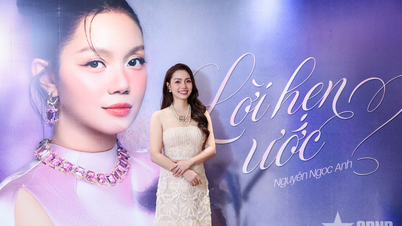

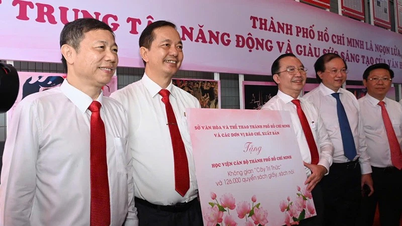

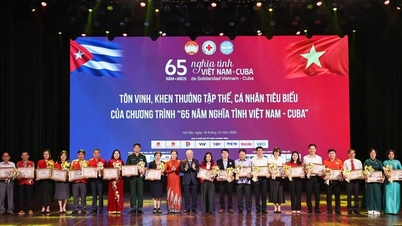

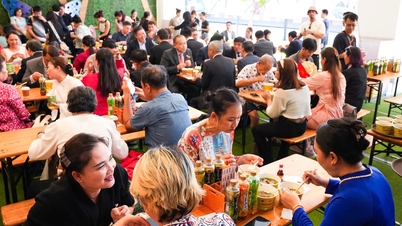

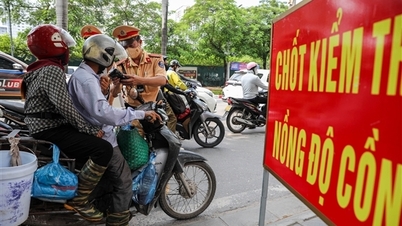





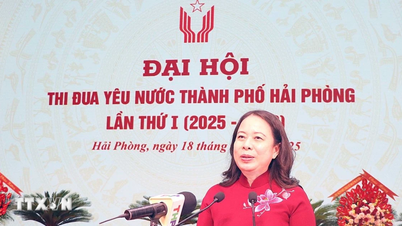

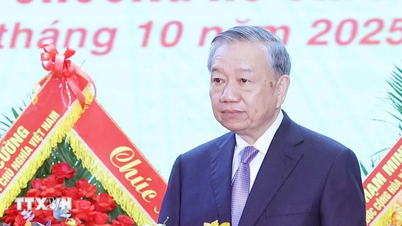
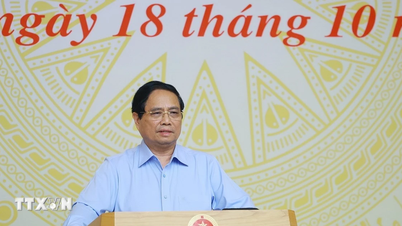
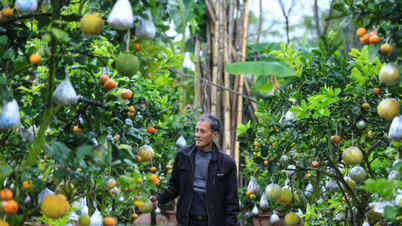
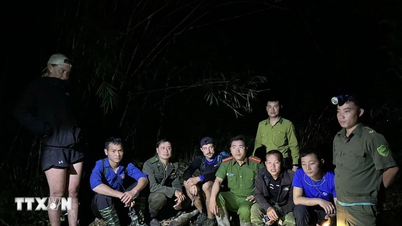

![[Photo] Nhan Dan Newspaper launches “Fatherland in the Heart: The Concert Film”](https://vphoto.vietnam.vn/thumb/1200x675/vietnam/resource/IMAGE/2025/10/16/1760622132545_thiet-ke-chua-co-ten-36-png.webp)






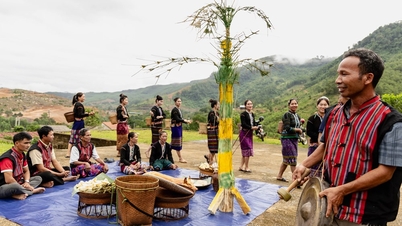





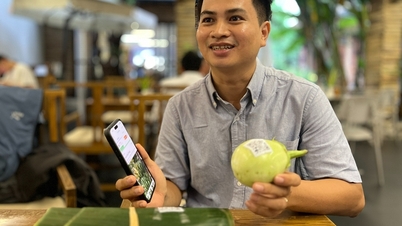


















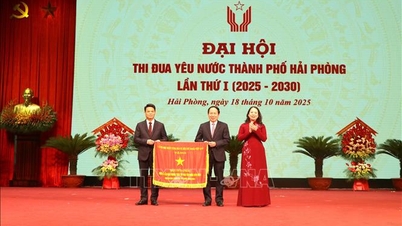
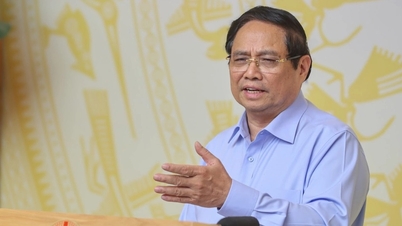
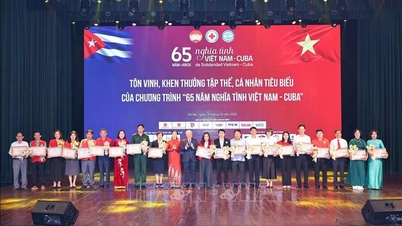












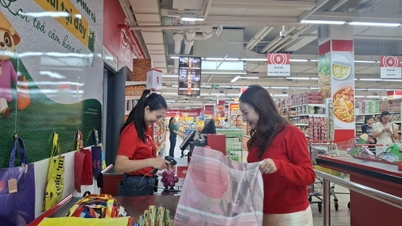

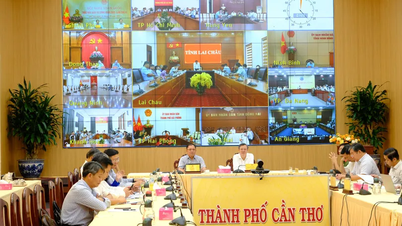

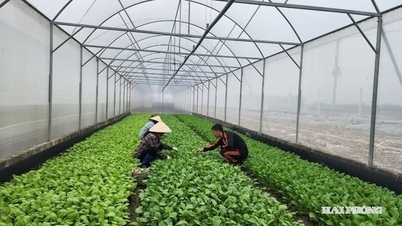



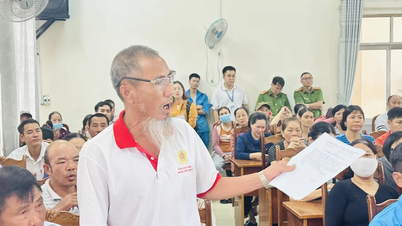

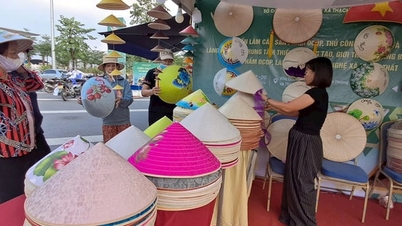









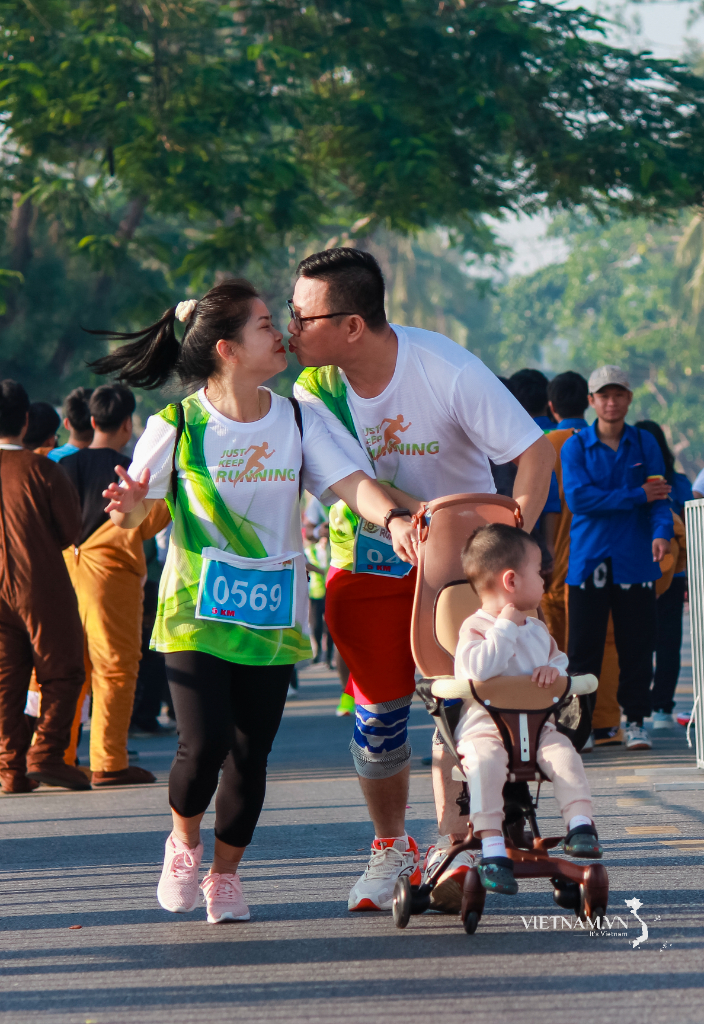

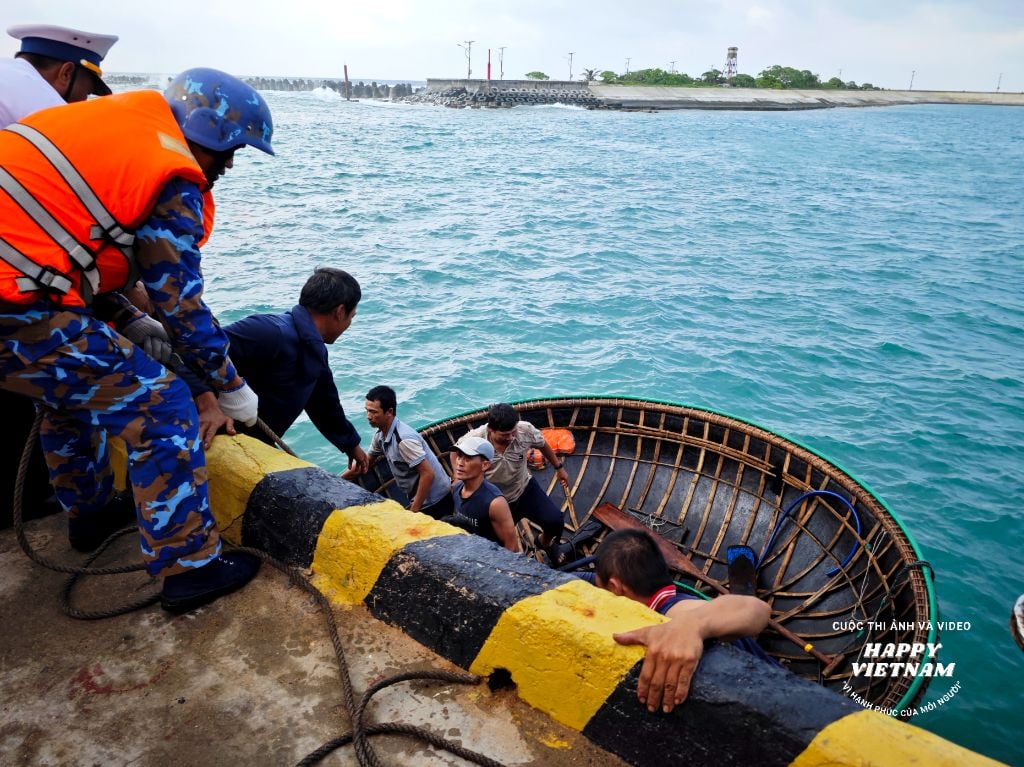
Comment (0)